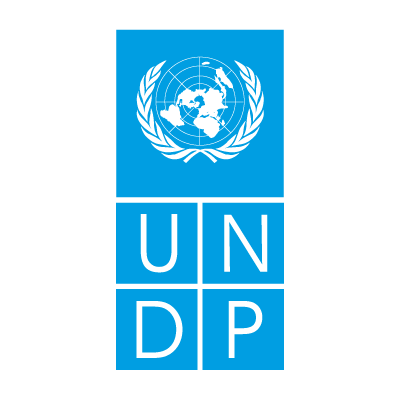
KNOWLEDGE
HUB
Case Study
Climate Resilient Food Systems Alliance: Pakistan Case Study
Pakistan is ranked among the top ten most climate vulnerable countries in the world in the Global Climate Risk Index (Thow et al., 2022). Climate change can negatively impact food value chains by inhibiting production, constraining processing and transportation, increasing trade deficits, lowering export prices and, thus, limiting the participation of food system actors. Through a domino effect, food and nutrition security of the population might decrease while having a detrimental effect on their resilience.
The Climate Resilient Food Systems (CRFS) Alliance initiated a set of country case studies to advance its work. The case studies provide proactive engagement with the countries while also providing opportunities for the alliance to gather lessons, challenges, opportunities and good practices in providing and coordinating support. The case studies and support thereof will draw upon existing national policies, frameworks, plans and strategies.
The case studies entail the following general set of steps:
- Identifying key issues related to climate-resilient food systems and possible actions to be implemented by the alliance;
- Designing and implementing activities, drawing upon existing activities from the members of the alliance and other stakeholders;
- Monitoring, evaluation and learning.
This case study on Pakistan includes an analysis of the country’s agrifood system, a risk assessment, landscape of climate, agriculture, and food system policies, priority actions in climate and food systems, as well as needs and gaps for implementation.
Institutions Involved
Climate Resilient Food Systems (CRFS) Alliance



